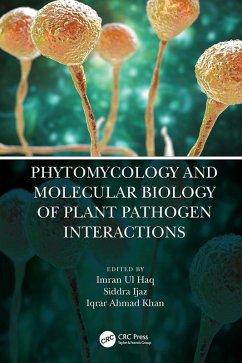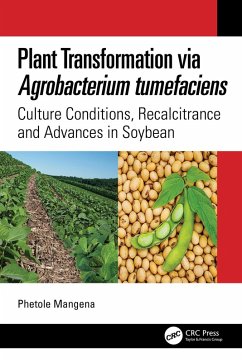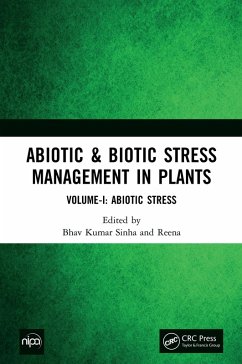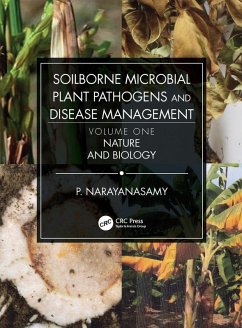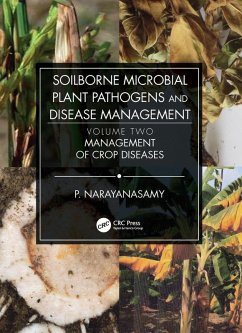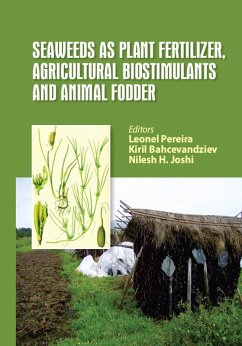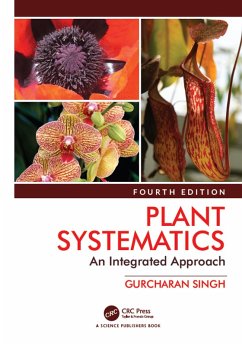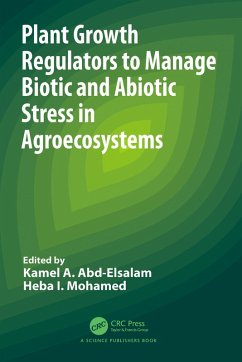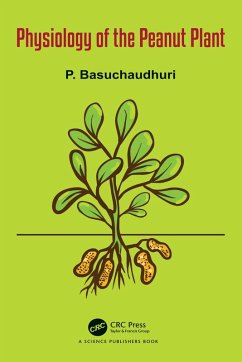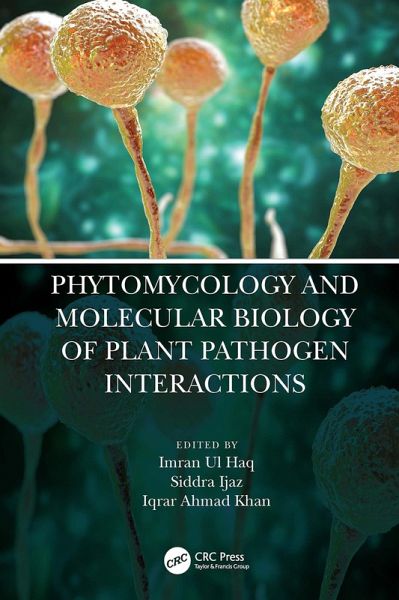
Phytomycology and Molecular Biology of Plant Pathogen Interactions (eBook, ePUB)
Versandkostenfrei!
Sofort per Download lieferbar
47,95 €
inkl. MwSt.
Weitere Ausgaben:

PAYBACK Punkte
24 °P sammeln!
Plants are exposed to highly diverse microbiota forming complex interactions in natural environments. Phytomycology and Molecular Biology of Plant Pathogen Interactions presents information on defense mechanisms of the plants, as various microbes can have positive effects on their plant hosts.Key Features Delineates the journey from Koch's postulate to molecular systems biology. Provides comprehensive information on fungal biology, pathogenicity genes, and their expression while interacting with host plants. Highlights the techniques and approaches involved in phytofungi identification and det...
Plants are exposed to highly diverse microbiota forming complex interactions in natural environments. Phytomycology and Molecular Biology of Plant Pathogen Interactions presents information on defense mechanisms of the plants, as various microbes can have positive effects on their plant hosts.
Key Features
This book is beneficial to readers including plant scientists and researchers, particularly plant pathologists, molecular biologists, and mycologists.
Key Features
- Delineates the journey from Koch's postulate to molecular systems biology.
- Provides comprehensive information on fungal biology, pathogenicity genes, and their expression while interacting with host plants.
- Highlights the techniques and approaches involved in phytofungi identification and detection.
- Describes multi-omics approaches and metabolic engineering in plant fungi.
This book is beneficial to readers including plant scientists and researchers, particularly plant pathologists, molecular biologists, and mycologists.
Dieser Download kann aus rechtlichen Gründen nur mit Rechnungsadresse in A, B, BG, CY, CZ, D, DK, EW, E, FIN, F, GR, HR, H, IRL, I, LT, L, LR, M, NL, PL, P, R, S, SLO, SK ausgeliefert werden.




